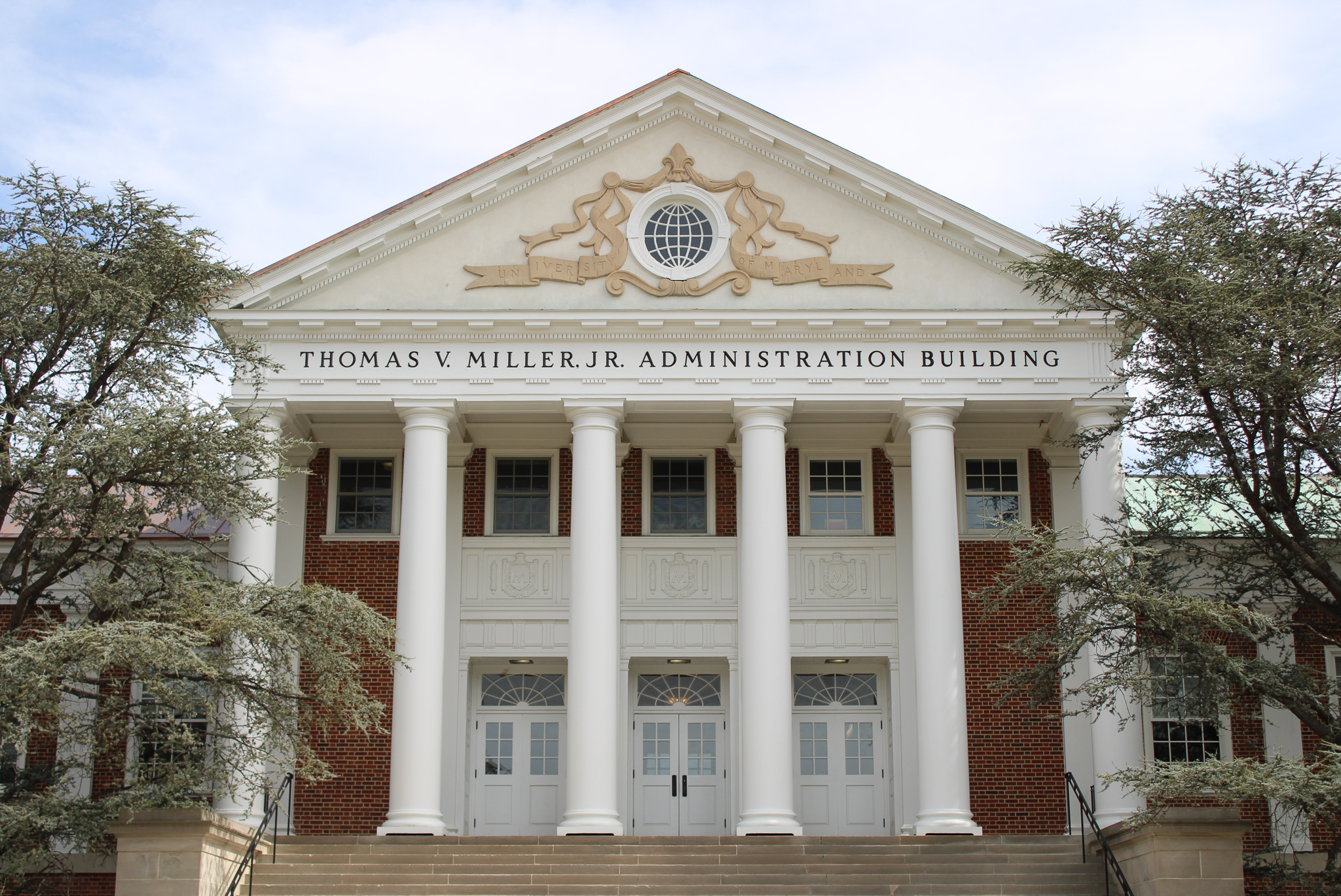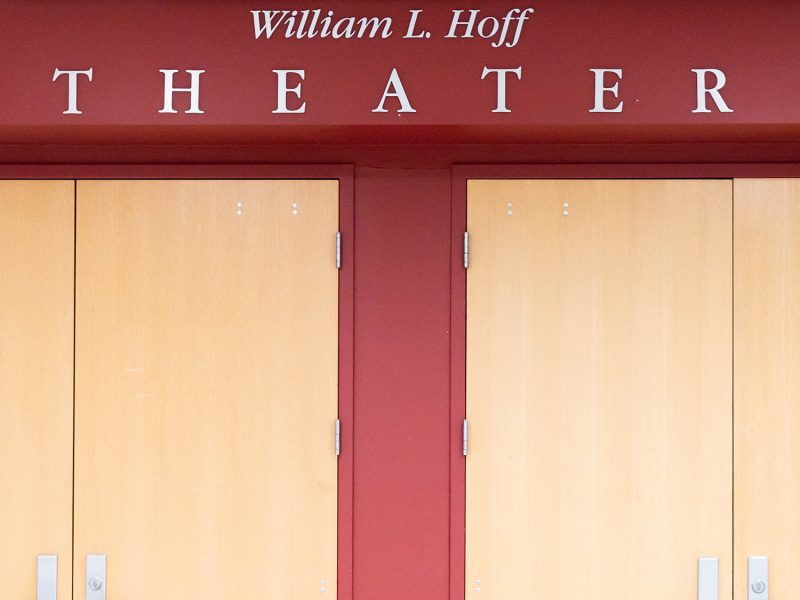Views expressed in opinion columns are the author’s own.
Look down, something’s there for you to see. From the dawn of humanity to the dawn of journalism homework, chalk has been an essential tool of human expression.
At this university, I’ve seen chalk used to promote club meetings, send important messages and make our sidewalks just a little prettier. Often when I’m staring at the ground, having just left a rough class, it’s those drawings that take my mind off it. I imagine my caveman ancestors felt the same way.
I didn’t realize how much I really appreciated them until they were banned on Monday.
Prompted by antisemitic messages written in chalk on Hornbake Plaza, which garnered national attention, university president Darryll Pines issued a resounding statement that condemned the hateful remarks. He took it a step beyond that, though, by limiting chalking to Hornbake Plaza and the sidewalk outside Stamp Student Union’s southeast entrance in the interim until the University Senate approves a permanent policy.
This new chalking policy contradicts the university’s statement in support of free expression and does nothing to prevent hate-bias incidents on campus. Their permanent policy should remove the restrictions on chalking locations, while disavowing hateful content in all forms.
Fostering the free exchange of ideas is an important function of college campuses. Pines paid attention to that by offering support for students who protested peacefully.
Ironically — in the very same statement — Pines then outlined how this university sought to suppress student expression by restricting chalking.
This policy was likely enacted to ensure that all chalking will be supervised, but enforcing this will draw resources away from areas that need it more. For instance, the new identification checkpoints at entrances around campus will have a much greater impact on campus safety. Constant supervision of chalk-sanctioned areas is unnecessary, as students can report offensive chalking through the University of Maryland Police Department’s hate-bias system like with any other incident of this sort.
It does nothing to even dissuade hate speech. Just because messages are explicitly restricted to two areas does not mean they won’t appear in other places. In fact, this restriction may motivate people to chalk more across campus as a form of protest to overbearing university policy.
This university has fallen into the trap of attempting to silence students to save face. But it usually results in the opposite. The recent suspension of two Palestinian-aligned student groups at Columbia University contributed to why hundreds of students walked out and protested on campus on Nov. 10. This policy could spark similar unrest in students at this university.
This policy is potentially illegal as well. In Healy v. James, the Supreme Court ruled that the First Amendment rights of free expression extend to student groups on public campuses. If challenged, this university could face a public relations nightmare that could put its reputation on the line.
While the chalking policy is excessive, the university’s commitment to battle antisemitism and Islamophobia was excellent. The creation of a joint task force on the subject could prove to be extremely beneficial and lets me know the school takes this seriously. The chalking policy, however, is unnecessary.
I question whether it was prompted by the university’s principles or by something else entirely. Several national news outlets rightly reported on the incident at Hornbake Plaza, chronicling it as an example of antisemitism’s rise on American campuses.
How does limiting all chalk to two already-overcrowded spaces on campus address antisemitism? The policy would not have even prevented the incident that prompted its creation which took place in Hornbake. Hate-bias incidents and offensive messages should continue to be reported to UMPD, but it seems this was not enacted to banish hatred, but to banish one specific piece of bad press.
In any case, permanently restricting chalking would rob students of Chalk the Walk, a collaboration between student artists and the university’s Department of Transportation Services on gorgeous roadway and sidewalk art. It would keep us from learning about the vile catcalls plaguing students, which Preventing Sexual Assault displays on the sidewalks each year. It would steal promotional mediums from clubs and artists and it would prevent students from participating in global movements.
I know that our sidewalks will never be fully bare. School-sanctioned or not, student expression will persist. Our voices are indomitable, and we will continue to be heard.
Joey Barke is a junior government and politics and journalism major. He can be reached at joey@terpmail.umd.edu



